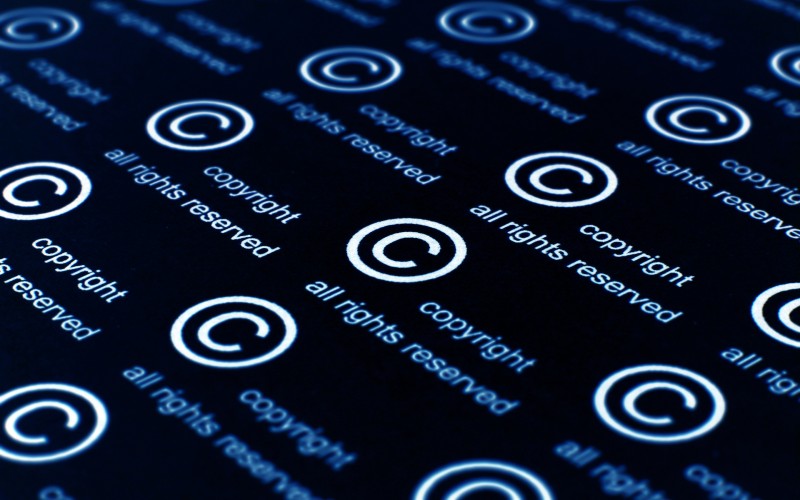
Copyright is an intellectual property right that provides the original author(s) with the sole ownership of their Work(s). Copyright is governed in the UK by the Copyright, Designs and Patents Act 1988 (the “Act”). The Act identifies various works that are protected by Copyright including: original literary, dramatic musical or artistic works, as well as sound recordings, films, database, and even typographical arrangement of published works. In the UK Copyright is an automatic right that applies upon creation of the Work(s). It does not required to be registered.
Copyright protects the author(s) rights in the Work(s) and means that they have the sole ability to use or exploit their Work(s). However, there may be times where someone other than the author may wish to use a piece of Copyright protected Work. The Act sets out occasions where certain uses of Copyright protected Work may be used lawfully by someone other than the author. The term used to express these permitted uses is “Fair Dealing”. These uses can be found in sections 29-31 of the Act.
The first permitted use is research and private study. This means that an individual can use a Work protected by Copyright for the purpose of their own private study and they can even make copies of short extracts so long as those extracts are used solely for that purpose. Generally, it would be unacceptable to copy a complete piece of Work as the intention behind this exception is to allow students, teachers, and researchers to complete private study.
The second is criticism and review, quotation, or parody. This means that a Work protected by Copyright can be used and quoted for the purpose of writing a review or a criticism. There are, however, some conditions. Firstly, the Work must already be publicly available. Secondly, the extent of the quotation needs to be proportionate for the specific purpose for which it is being used and lastly, the author must be fully acknowledged.
The third is reporting of current events. This means that Work protected by Copyright could be quoted or used in the course of reporting the news so long as the Work is not a photograph and so long as the use of the Work is “fair”. If the news story revolves around a controversial piece of Copyright protected Work such as the recent release of Britney Spears’ memoir which has generated much attention in the news, it would likely be justifiable to have a small quotation from the Work itself in the report.
The fourth and last is incidental inclusion. This applies where part of a protected Work(s) is accidentally incorporated into another piece of Work. The most obvious example of when this might occur is during the filming of a piece of Work, where another Copyright protected Work is accidentally or incidentally caught in the recording.
The excepted uses in the Act are not exhaustive and there is no specific definition of what would be considered fair and so each case will be considered on its own merit. The types of factors that would be considered alongside those recognised above, would be whether the Work is already in the public sphere, or whether the author will or would be unfairly prejudiced by the use of the Works, whether there has been prior publication of the Work, how much of it has been used, whether a fair minded and honest person would have dealt with the copyright work in the same way, and the extent to which use of the copyright work is necessary for the permitted purpose.
We would suggest carefully considering any use of a piece of Copyright protected Work as any use deemed unnecessary or unfair could end up being a costly mistake. If you are unsure about Copyright or whether you’re able to use a piece of Work.
Thorntons have a dedicated team who are able to provide specialist advice on Copyright. Contact us on 03330 430350.
